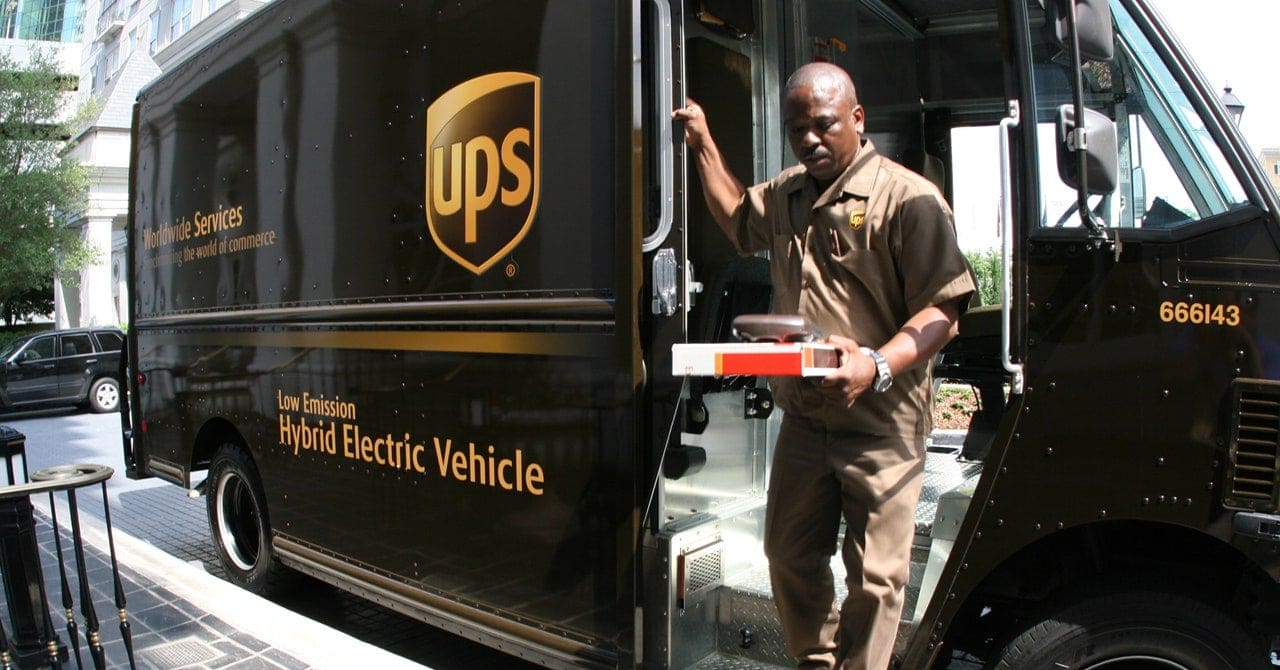
Share
It’s difficult to even imagine this current crisis without our e-commerce infrastructure.
Whether you’re shopping for necessities or just looking for ways to alleviate stress levels in the middle of a global pandemic, you’re probably looking online. And for the most part, everything you need is available.
And then, once you submit that order, the real magic begins. Shipping capabilities have progressed exponentially over the course of the past few years, and even decades. That obscure niche product you can’t live without is only a few clicks – and days – away.
With the ability to track orders and with shipping projections, we now have a pretty good sense of when that item (or even a large group of items) will arrive right there, at our doorstep. It’s really quite amazing how far we’ve come.
And now, due to COVID-19, the systems in place for global shipping are, quite literally, delivering the goods.
With record demand and even more dependence than ever before on our shipping systems, major corporations specializing in the delivery of our goods have risen to the occasion. Challenged by our modern circumstances, they’ve been put to the test and have passed.
In particular, let’s take a look at one of the most important pieces of that shipment ecosystem – The United Parcel Service.
UPS recently reported its quarterly earnings and according to their data, the shipping giant’s average daily shipping volume rose 21% in the quarter, faster than the company has ever recorded.
On top of that, they reported a 65% increase in shipments to homes.
The magnitude of the jump was a surprise to UPS, which had been planning for demand to pull back from the high levels in the early days of the pandemic.
“At the beginning of the second quarter, we assumed demand would slow,” Chief Executive Carol Tomé said on Thursday’s earnings call. “Instead, we saw just the opposite.”
The results boosted shares more than 12% in Thursday’s trading to records.
There hasn’t been a slow down, and if anything, we’re seeing a new wave of consumers who are growing much more accustomed to shopping online. This is good news for any brand looking to sell products through the affiliate channel, or any other type of online portal.
The strong likelihood is that even when things “go back to normal” (will they ever?), these shoppers who’ve gotten used to relying on ordering certain products online will continue to do so. They have developed the habit and are unlikely to go back to their old ways.
Not to mention, the safety concern is very real.
UPS and rival FedEx Corp. are being inundated with millions of extra daily packages after many retail stores were temporarily closed, pushing people to shop online for everything from toilet paper to pet food. Even as most stores have reopened, some shoppers remain reluctant to head to stores as coronavirus cases rise in parts of the U.S.
Despite the surge of packages in the U.S., UPS’s operating profit fell slightly in its main domestic segment. UPS’s average revenue per package in the U.S. dropped 4.4% from a year ago, as shipments using one of UPS’s lower-priced services nearly doubled.
So, unfortunately, for retailers, rates may go up slightly to account for this. Then, you have the impending Q4 holiday season. According to Tomé, they’re ready.
“We have capacity to handle the peak volume that we are anticipating this year,” she said.
This doesn’t come without an additional cost, though.
Both UPS and FedEx are trying to offset some of the costs with new surcharges on large packages and on some of their lower-priced shipping services. The two companies have also started to impose higher rates on some of their shippers whose volumes have changed significantly in recent months.
Whether or not these rate changes will affect demand is to be seen, but regardless, those of us in the e-commerce industry know how important it is to have a reliable infrastructure for the shipping and handling of the items we buy and sell online.
There was fear at the beginning of the coronavirus pandemic that we wouldn’t be able to keep up with the demand, so to be here, six months in, and for UPS to be reporting these numbers and to be predicting Q4 will go smoothly is really quite amazing.
We should all be thankful for the brave men and women on the front lines, making sure we get everything we need and want online. The result is an economy that still functions, and we are grateful for that in a time when a lot of other industries and people are suffering.




